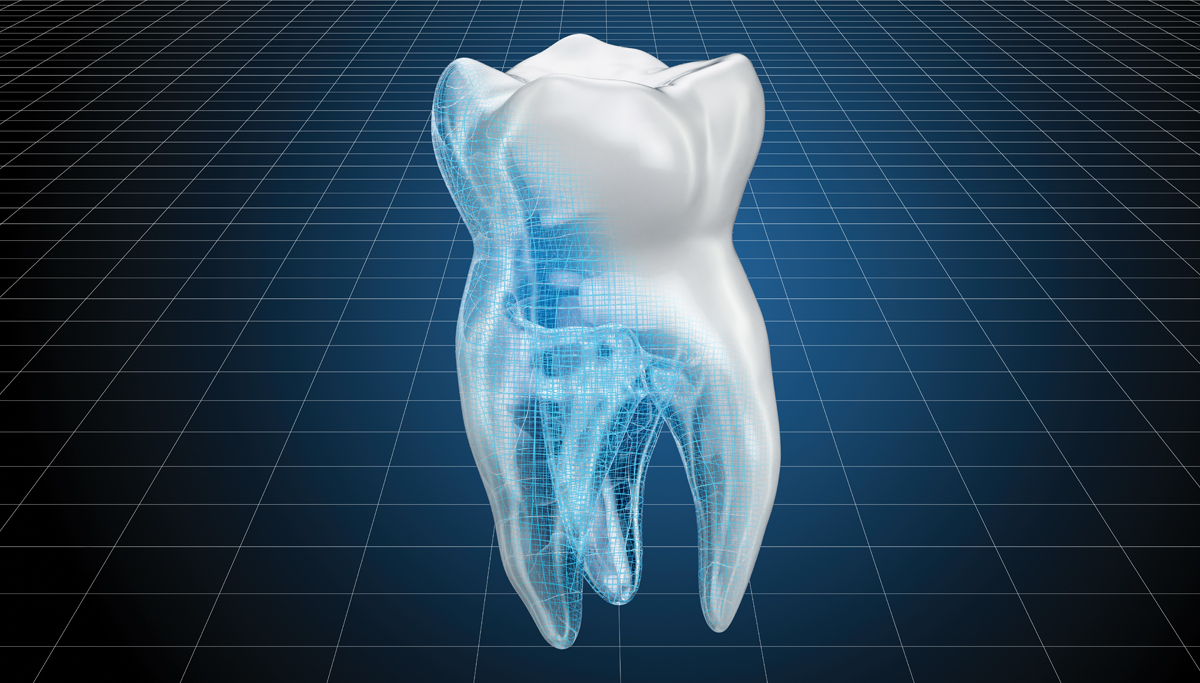Explaining alternative toothpaste options
Hydroxyapatite, organic, and charcoal — oh, my! When did toothpaste get so complicated? Shopping for a new tube now involves evaluating a variety of options. But which choice is right for you? Should you stick with tried-and-true fluoride toothpaste or switch to something new? Let’s review a few trending options among many.
Traditional fluoride toothpaste
Most toothpastes fall under this category. Which is good, because fluoride should be considered an essential ingredient! Using a fluoride toothpaste creates big benefits for your oral health, including:
- Stronger enamel
- Reduced bacteria
- Decreased cavity risk
- Reversing early stages of tooth decay
Organic and natural toothpastes
As whole, unprocessed food options become more popular, so, too have organic and all-natural toothpastes. That means toothpastes that don’t include any preservatives, additives, artificial sweeteners or colors, or synthetics flavors and fragrances.
The main thing to consider with organic and natural options is that they may not include fluoride, which is necessary to strengthen tooth enamel and battle tooth decay.
Hydroxyapatite toothpaste
Hydroxyapatite toothpaste is a newer product and a potential alternative to fluoride that may also protect and help remineralize your tooth enamel, but more research is needed. Fluoride remains an essential ingredient to look for in a toothpaste, though. At this time, fluoride is required in a toothpaste to receive the American Dental Association Seal of Acceptance or to receive Food and Drug Administration clearance as an anticavity toothpaste.
Charcoal toothpaste
These toothpastes are often used in an attempt to whiten teeth, but they are actually not safe for everyday use. This is due to two big downsides to this choice:
- Charcoal can be abrasive and wear down your enamel, which can cause your teeth to appear darker over time.
- Most charcoal toothpastes don’t contain fluoride.
Toothpaste tablets
These travel-friendly tablets naturally break down in your mouth when mixed with water or saliva. Then, you brush as normal. If you’re interested, talk to your dentist to ensure that you use a brand with enough fluoride.
What’s the right choice?
The truth is that it depends on your preferences and personal oral health. Toothpaste with fluoride is key to preventing cavities and keeping your smile healthy and clean. Before switching to an alternative option, speak with your dentist about what’s best for your smile and oral health.











